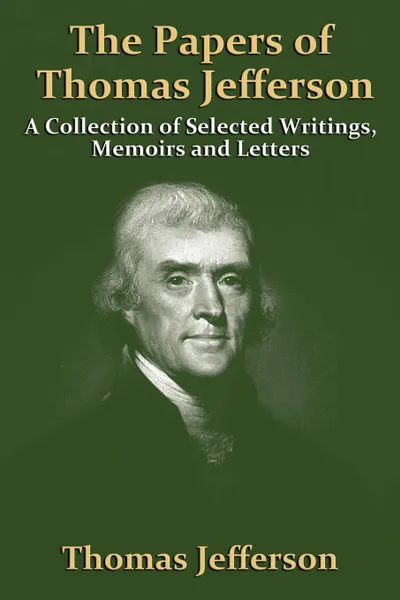The Papers Of Thomas Jefferson. A Collection of Selected Writings, Memoirs and Letters 12+
Автор: Thomas Jefferson
284 страницы
Категория: Учебная литература
ISBN: 9781936828104
Язык: Английский
📓 Thomas Jefferson (April 13, 1743 – July 4, 1826) was the third President of the United States (1801–1809) and the principal author of the Declaration of Independence (1776). Jefferson was one of the most influential Founding Fathers, known for his promotion of the ideals of republicanism in the United States. Jefferson envisioned America as the force behind a great "Empire of Liberty" that would promote republicanism and counter the imperialism of the British Empire. Major events during his presidency include the Louisiana Purchase (1803) and the Lewis and Clark Expedition (1804–1806), as well as escalating tensions with both Britain and France that led to war with Britain in 1812, after he left office. As a political philosopher, Jefferson was a man of the Enlightenment and knew many intellectual leaders in Britain and France. He idealized the independent yeoman farmer as exemplar of republican virtues, distrusted cities and financiers, and favored states' rights and a strictly limited federal government. Jefferson supported the separation of church and state and was the author of the Virginia Statute for Religious Freedom (1779, 1786). He was the eponym of Jeffersonian democracy and the cofounder and leader of the Democratic-Republican Party, which dominated American politics for 25 years. Jefferson served as the wartime Governor of Virginia (1779–1781), first United States Secretary of State (1789–1793), and second Vice President of the United States (1797–1801...
Мнения
